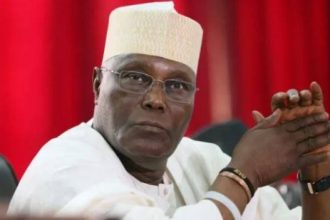Barely hours after leaving Nigeria for Kenya, Facebook founder, Mark Zuckerberg on Thursday suffered a loss worth $95 million as a result of his effort to provide Internet service to poorly connected areas of sub-Saharan Africa.
According to reports, a SpaceX Falcon 9 rocket exploded on its launch pad at Cape Canaveral in Florida hours ago which completely destroyed the rocket and its payload.
Though the cause of the explosion is still unknown, but officials say the explosion occurred during a pre-launch test-fire of the Falcon 9 engines. Both the rocket and satellite were destroyed.
It was gathered that Facebook had contracted SpaceX to deliver a new satellite (called AMOS-6) to supply wireless connectivity to large portions of sub-Saharan Africa, into orbit.

It was a key element of Zuckerberg’s plan to provide basic connectivity to the entire world.
Now, those plans will have to be put on hold as a result of today’s explosion.
Experts valued the deal at $95 million, giving Facebook a split share of the satellite’s bandwidth for up to five years.
We learnt Zuckerberg’s visit to Nigeria was timed to coincide with the satellite’s launch.

“As I’m here in Africa, I’m deeply disappointed to hear that SpaceX’s launch failure destroyed our satellite that would have provided connectivity to so many entrepreneurs and everyone else across the continent,” Zuckerberg said when told about the explosion.
He added, “Fortunately, we have developed other technologies like Aquila that will connect people as well. We remain committed to our mission of connecting everyone, and we will keep working until everyone has the opportunities this satellite would have provided.”

Launch payloads are typically insured, so it’s unlikely that Facebook will have to bear the financial cost of losing the satellite. But that leaves Zuckerberg’s ambitious project with money instead of satellite access, which could present a serious setback to Zuckerberg’s plan to make Internet service available in 14 African countries.











